
Encouraging Young People in Sport
We are proud to sponsor We are proud to again be sponsors for one of Boston United...
Proud Sponsors of Boston United FC Under 14s
Posted
Coin mechs, short for coin mechanisms, are devices used in various vending machines, arcade games, and other coin-operated systems to accept and validate coins as a form of payment. They are designed to ensure that only genuine coins of the correct denomination are accepted and reject counterfeit or invalid ones.
Up until recently there have been two types of coin mechs - a mechanical and an electronic type of mech. Each type perform several functions:
Find out more about the range of coin mechs we supply - sign up to our newsletter.
Coin Insertion: A user inserts a coin into the coin slot of the machine. The coin then enters the coin mech.
Validation: Coin mechs can be programmed to accept only specific coin types and denominations and the coin is validated based on those preset parameters. Its mechanisms determine the authenticity and denomination of the coin and therefore prevent fraud (such as the use of counterfeit coins or tokens). These mechanisms can include size, weight, and magnetic or optical sensors.
If the coin is validated as genuine, the coin mech sorts it into appropriate compartments based on its denomination. This allows the machine to keep track of the value of the coins inserted.
Note that on an electronic coin mech there are two systems to this process. Firstly the Validator: Generally the mech is plugged into a credit board. It is important for the right coin to be on the right channel. For example channel 1 may have a 10p allocated and channel 2 would have a 20p allocated. When coins are inserted into the mech it will pulse out (tells it to activate) on that line/ channel. The credit board will then accumulate (work out) the appropriate credit then pulse the machine. Creditor: This is a system where the electronic mech utilises a credit line and the coin mech accumulates the appropriate credit then pulses down the credit line to tell the machine to activate.
Coin Channelling: The mech guides the accepted coin through a designated channel ensuring it reaches the appropriate area. In a vending machine, for instance, the coin is directed to a coin box or a temporary safe storage area.
Coin Rejection: If the coin fails the validation process the coin mech will reject it. Rejection can occur due to reasons such as the coin being counterfeit, damaged or of an unacceptable denomination. The coin is typically returned to the user through a separate coin return mechanism that is then dispensed back to the user.
Security Features: Modern coin mechs often incorporate various security features to prevent fraud and tampering. These features can include anti-stringing mechanisms to prevent the use of string or thread to retrieve inserted coins, anti-counterfeit measures such as optical sensors or electro-magnetic validation and anti-tamper mechanisms to deter unauthorised access to the internal workings of the coin mech.
Overall, coin mechs play a vital role in ensuring the smooth operation and integrity of coin-based payment systems. By validating, sorting, channelling and rejecting coins, they help maintain the accuracy of transactions and protect against fraud or misuse.

Mechanical coin mechs In the arcade arena, the smaller mechanical vending machines such as Tomy Gacha, Beaver and Discapa machines use mechanical coin mechs. Being mechanical, they are basic as to the settings available. They will usually be set for either one or two denomination of coin. Separate mech meter kits can be fitted so operators can keep a track of income into the machine. There is usually a setting so that the price of play can be nominated from a drop down.

Electronic coin mechs are found mostly in game machines which require electric power at source.
Due to the electronic chips, these mechs can be far more complex and offer a range of settings. Inductive sensors process the different parameters regarding the material and the mass of coins and tokens. Optical sensors determine the coin's diameter. Mechanical anti-fishing devices, electronic anti-fishing devices and electronic anti "intrusion" devices can also be found in some mechs. Settings can achieve most operators’ requirements with regards to the arcade machine and their own requirements.
Over the last few years contactless coin mechs, also known as contactless payment systems or coin validators, have been seen more and more in shops, car parks, petrol stations. Of late they have been introduced into the amusement arcade /FEC arena.

Contactless coin mechs are advanced versions of traditional coin mechs that enable payment without the need for physical coin insertion. Instead of accepting physical coins, these systems utilise electronic payment methods such as RFID (Radio Frequency Identification) or NFC (Near Field Communication) technology to process transactions. This system can integrate with various electronic payment systems, including contactless cards, mobile wallets, and other digital payment methods, providing greater flexibility to users. It works like this:
Payment Initialisation: The user initiates the payment process by bringing their contactless payment device, such as a contactless card or smartphone, close to the contactless coin mech.
Communication and Authentication: The contactless coin mech communicates with the payment device using wireless technology, such as RFID or NFC. The device transmits encrypted payment information, including the payment amount and other necessary details.
Transaction Processing: The contactless coin mech securely receives and processes the payment information. It verifies the authenticity of the payment device and checks if the transaction amount is valid. This step ensures that only authorised payments are accepted.
Payment Confirmation: Once the payment is successfully validated, the contactless coin mech registers the payment and updates the machine's credit or token count accordingly. This allows the user to access the desired services, such as vending machine products or arcade game credits.
Contactless coin mechs offer several benefits over traditional coin mechs in that users can make payments quickly and easily by simply waving or tapping their contactless payment device, eliminating the need for carrying and inserting physical coins.
Hygiene: During Covid, the use of contactless increased dramatically and coin usage in many shopping and entertainment venues became redundant. As no physical contact was required the contactless coin mechs promoted hygiene, reducing the spread of germs and bacteria and the risk of becoming infected with Covid.
Enhanced Security: Contactless payment systems utilise advanced encryption and authentication methods, making them more secure and resistant to counterfeit attempts compared to physical coins and therefore the risk of fraud to the operator is reduced.
It's important to note that the implementation and capabilities of contactless coin mechs may vary depending on the specific system and manufacturer. However, the underlying principle remains the same - enabling secure and convenient electronic payments without the need for a physical coin to be inserted.
BUT in the world of coin op, amusement arcades and casinos, there is an issue that has been compounded by the easiness of the contactless system itself.
Gambling can be an addiction. It can be a severe problem for some people, it can ruin lives.
There is guidance in place for premises-based operators from the Gambling Commission to ensure that they put in place systems of due diligence to support their customers. Premises-based licensees are required to interact with customers in a way which minimises the risk of customers experiencing harms associated with gambling, as set out in Social Responsibility Code Provision 3.4.1 of the Licence Conditions and Codes of Practice (LCCP). More information can be found on the Gambling Commission’s website Formal guidance under SR Code 3.4.1: Customer interaction: formal guidance for premises-based operators (gamblingcommission.gov.uk)
We cannot stop progress but all operators must be mindful that they have a responsibility to those that enjoy the entertainment of arcade machines, and that their customer’s initial enjoyment does not evolve into an addiction.
Find out more about the range of coin mechs we supply - sign up to our newsletter.

We are proud to sponsor We are proud to again be sponsors for one of Boston United...
Proud Sponsors of Boston United FC Under 14s
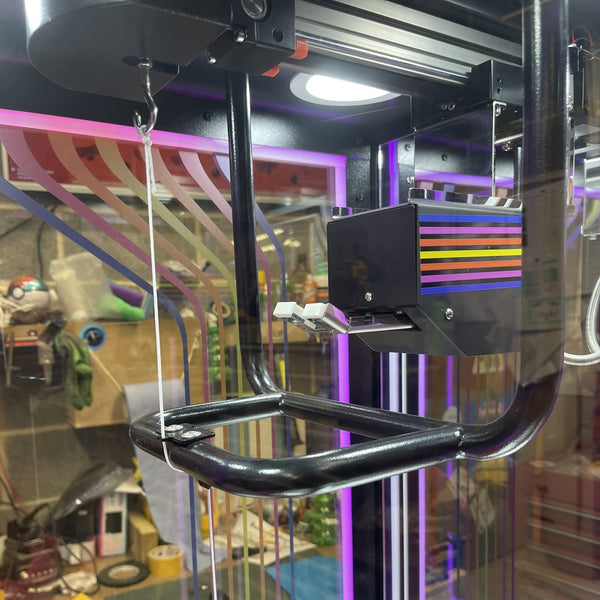
Calibrating a skill cutting game is crucial to the success of the...
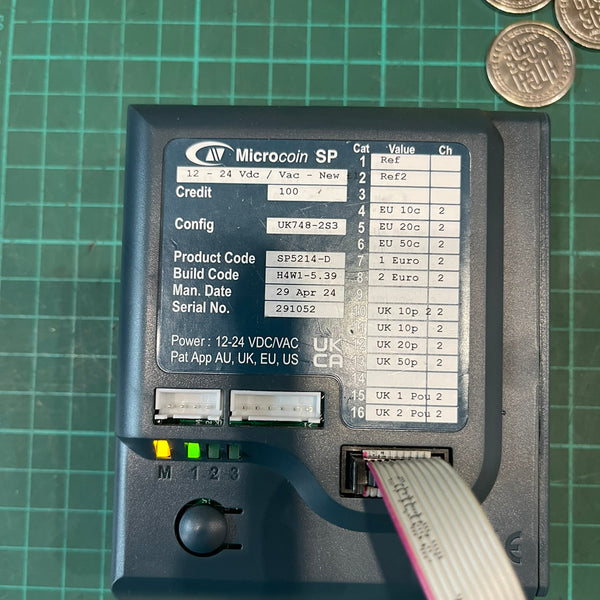
Make sure your mech has power. You should see the...
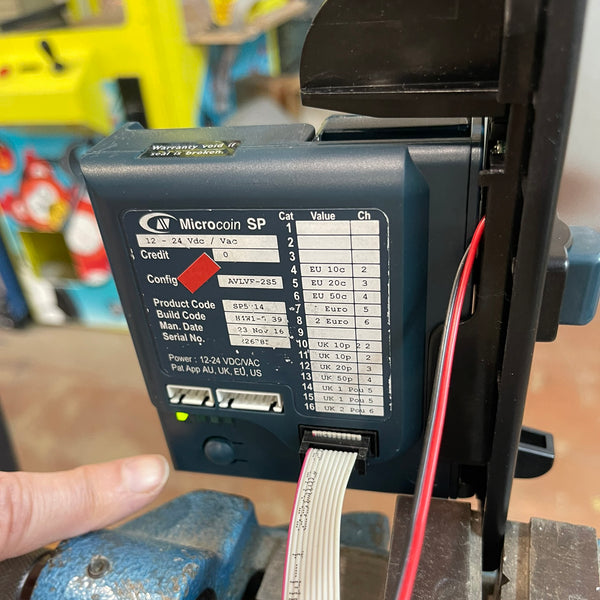
Please make sure your mech has power. Check you can...
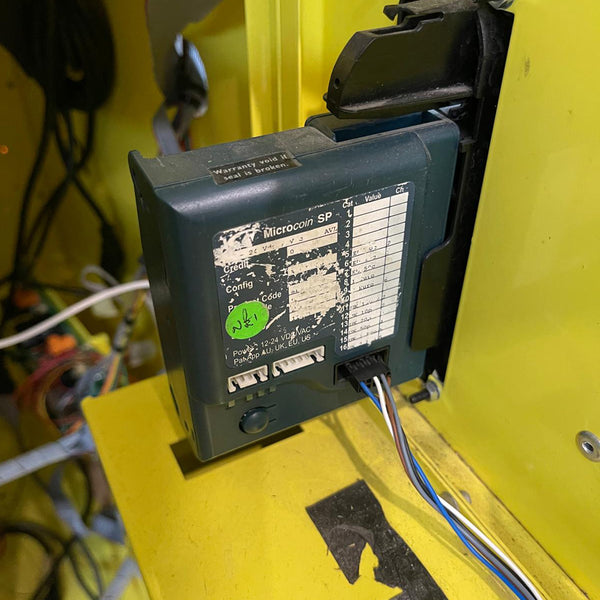
If your grabber crane will not take coins, the first thing...
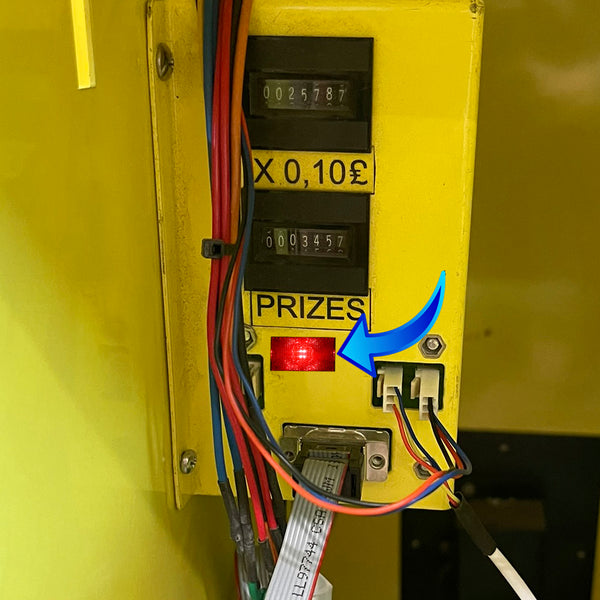
When a sensor is blocked, usually the crane accepts the...
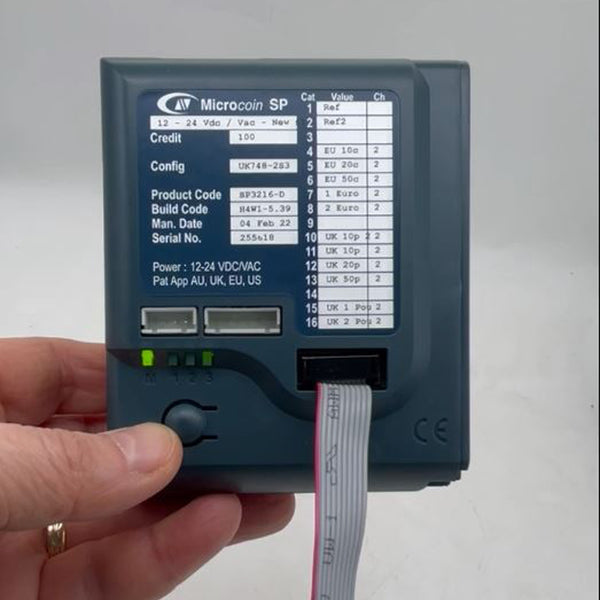
Please make sure your mech has power. You should see the green LED...
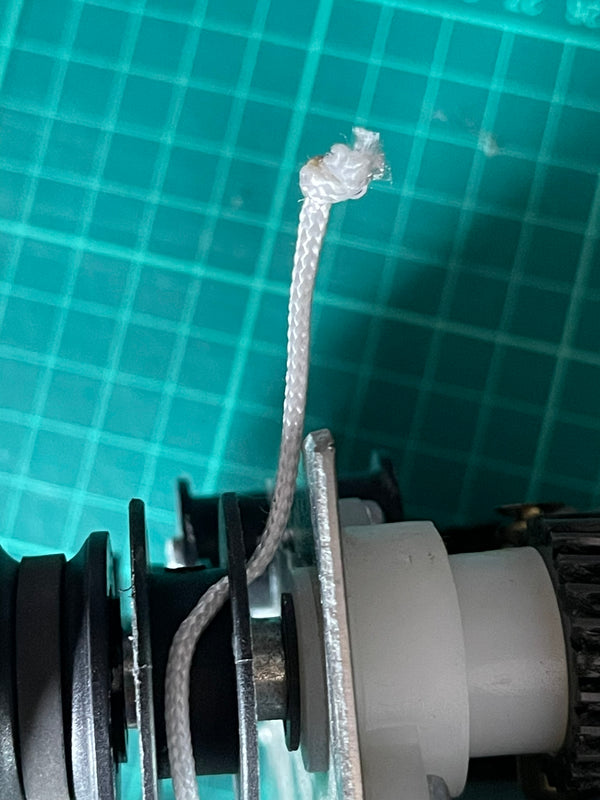
If your grabber claw is continuously going up and down, it is...
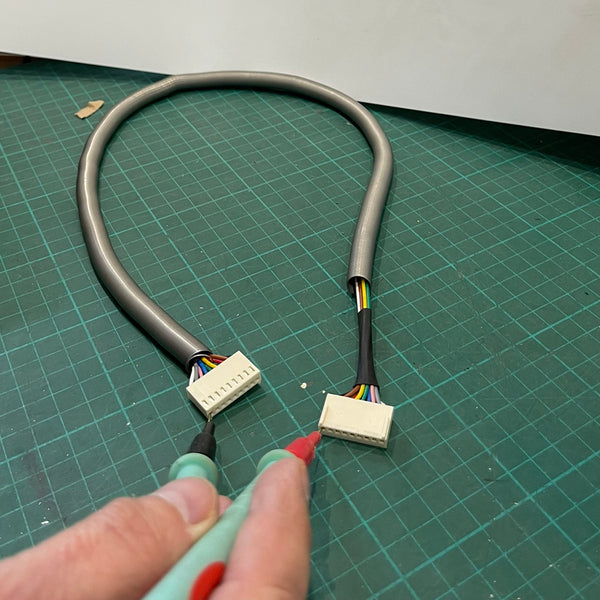
If you maintain grabber crane machines, we suggest you keep...

Is it a good idea to add in special prizes onto...
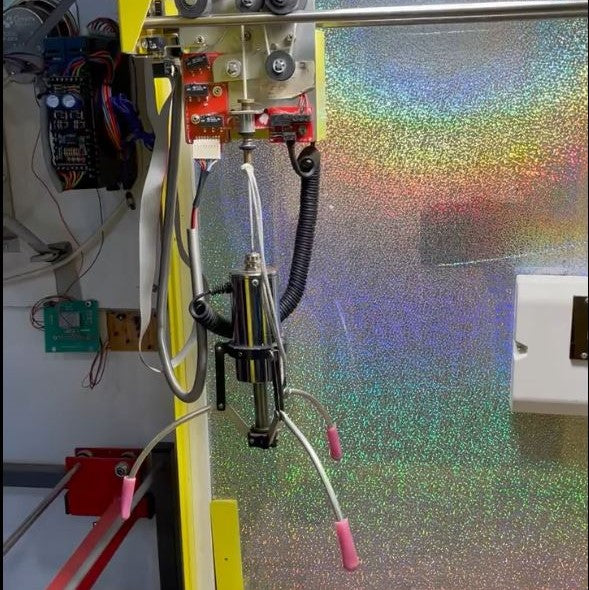
Problems with the grabber claw not picking up?
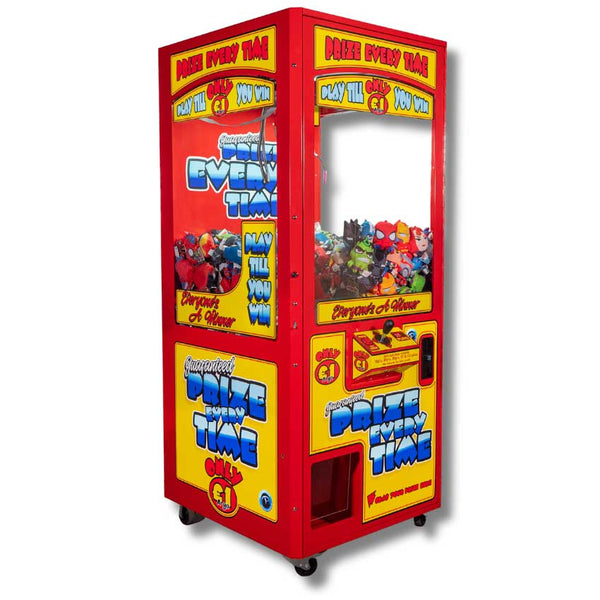
This month Instance Automatics celebrate 30 years of working with Janet...
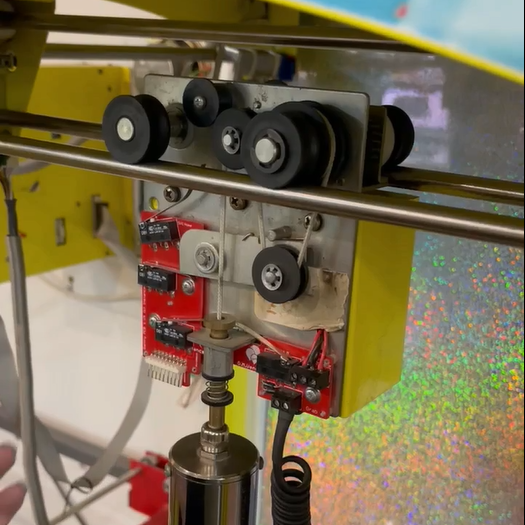
To remove the centre carriage on the gantry or replace it on...
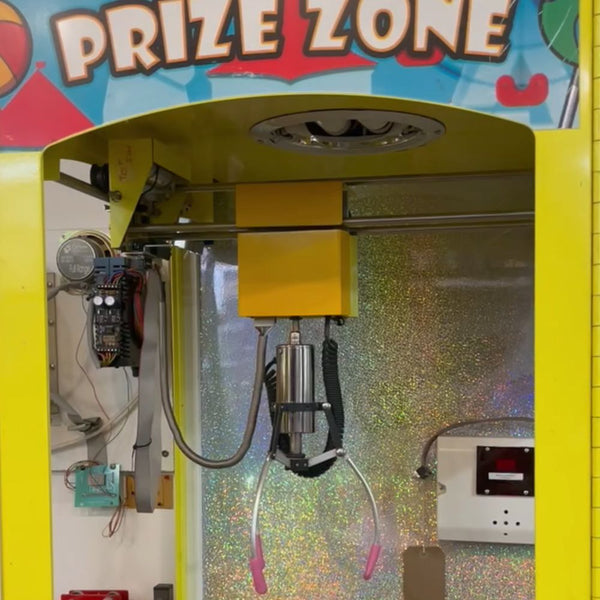
If you operate amusement arcade crane grabber machines, it is quite likely...
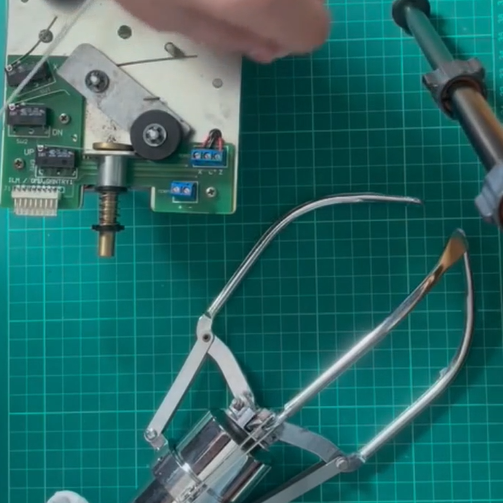
To restring your grab claw as a part of your maintenance...

EAG Expo in London has always...

Kiddie amusement rides have a long...
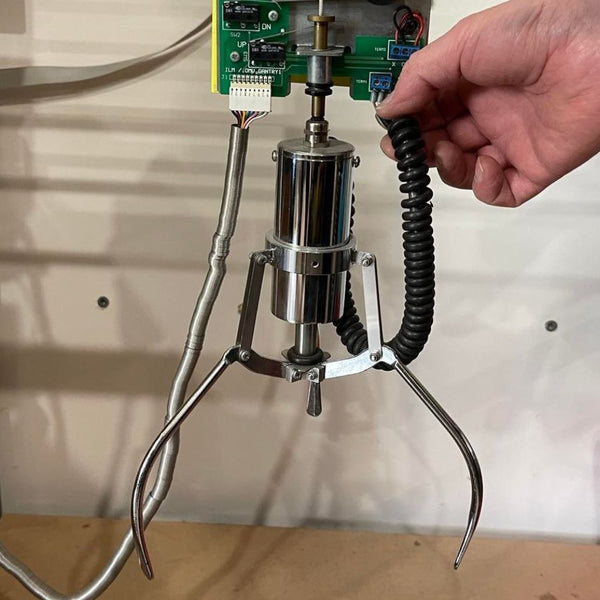
Amusement Arcade Machines - Common errors and problems you can fix yourself...

Prize vending capsules come in a range of sizes and prices. We...
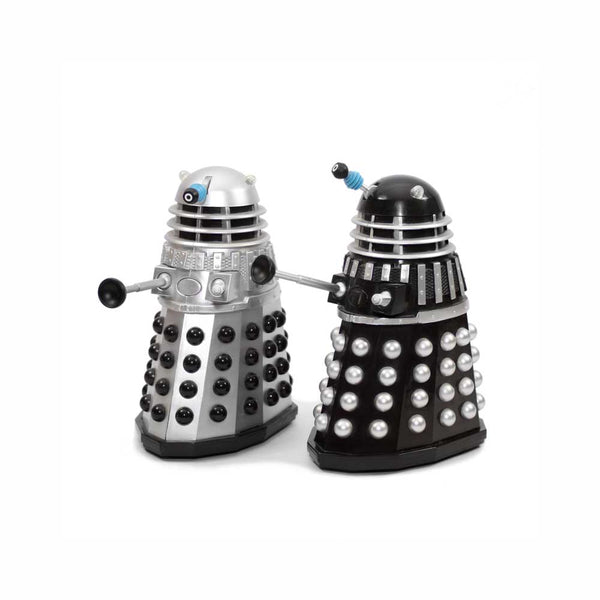
Clear transparent empty vending capsules can be used for all sorts of...
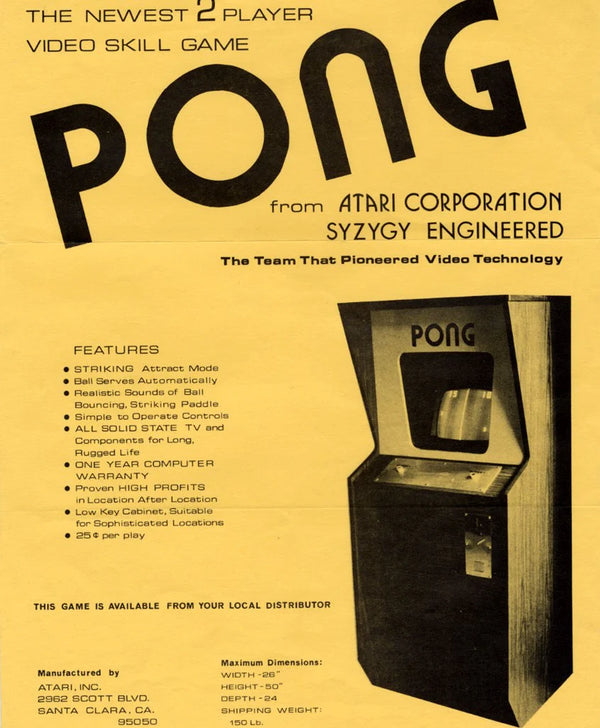
In the 1970s amusement arcades began to change. Banks of mechanical game machines...

Ian Eason, MD of Instance Automatics, grew up in the sleepy seaside...